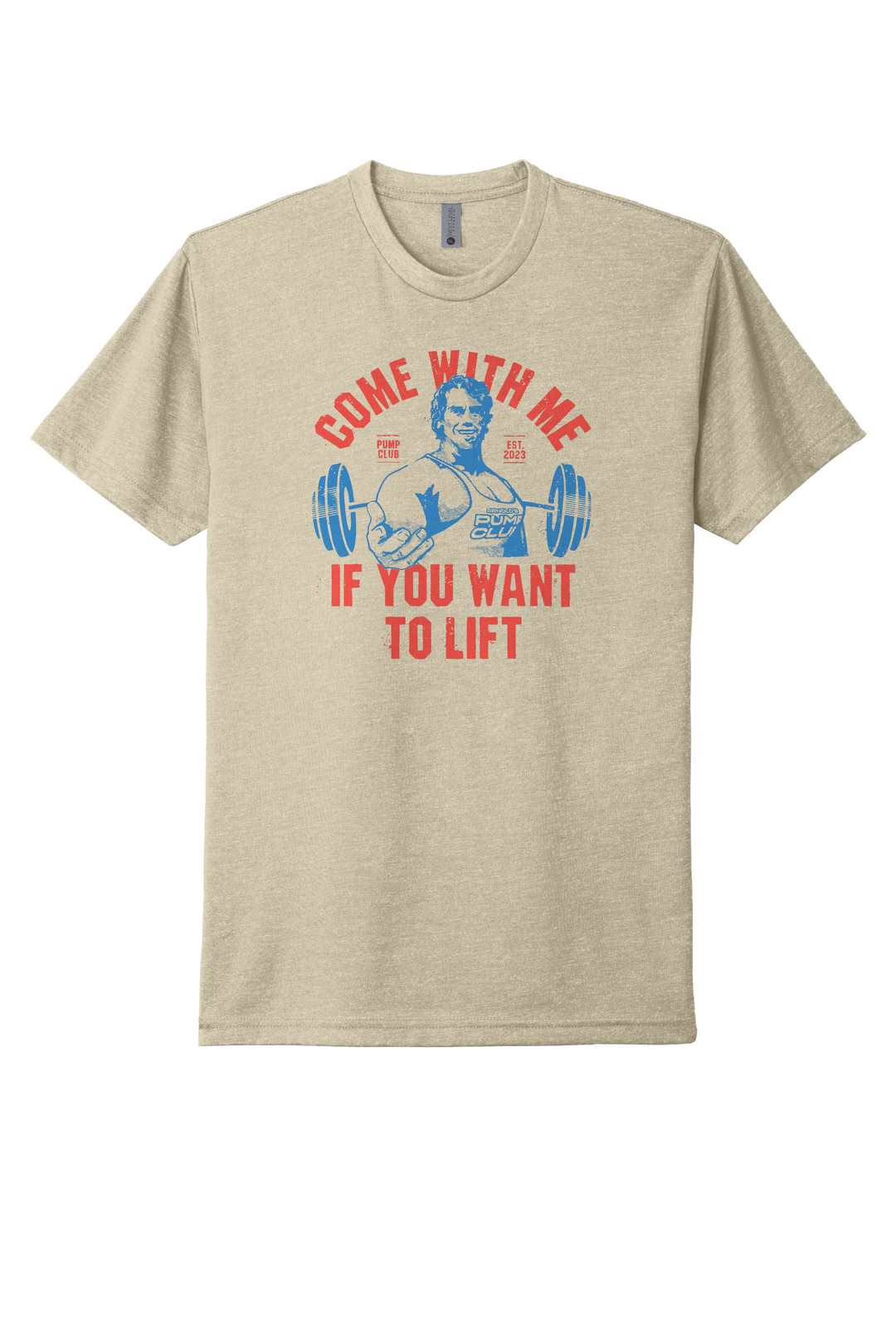Welcome to the positive corner of the internet. Here’s a daily digest designed to make you healthier in less than 5 minutes. If you were forwarded this message, you can get the free daily email here.
Today’s Health Upgrade
The sleep habit that helps you live longer
You’ll lose how much muscle?
Tune out your pain
Arnold’s Podcast
Motivation every day. Want Arnold to help you start your day? Each morning, we post a new podcast with tips you’ll find in the daily email and bonus stories, wisdom, and motivation from Arnold. Listen to Arnold's Pump Club podcast. It's like the daily newsletter but with additional narration and thoughts from Arnold. You can subscribe on Apple, Spotify, Google, or wherever you listen to podcasts.
The Sleep Habit That Helps You Live Longer
We all know that getting enough sleep is essential for our health and well-being, but a new study suggests that it's not just about the number of hours we spend in slumber—it's also about the regularity of our sleep patterns.
According to researchers, maintaining an irregular sleep schedule can lead to a shorter life.
In particular, better sleep regularity is associated with up to a 48 percent lower risk of all-cause mortality, as high as 39 percent lower risk of cancer mortality, and more than 50 percent lower risk of cardiometabolic mortality.
Irregular sleepers refer to people who go to sleep at different times or consistently shift between different sleep durations. So, if you wildly vary when you sleep and wake or dramatically shift how much you sleep each night, either can potentially cause health issues.
Instead, having a consistent sleep schedule — trying to sleep a similar number of hours, as well as go to bed and wake at a similar time — can have a significant impact on your overall health and longevity.
You can help regulate your sleep by getting sunlight early in the day (this can help reset your internal clock and help you fall asleep earlier), limiting food about 2 to 3 hours before you sleep, and reducing stimulating activities before bedtime, such as using electronic devices or consuming caffeinated beverages. All of these can harm your sleep cycle and make it harder to fall asleep.
How Much Muscle Loss?
We’ve joked before that if you don’t use it, you really do lose it. But when it comes to your muscles, it’s no laughing matter.
Research suggests you lose an average of 8 percent of your muscle mass every decade after you hit 40. And because aging can be a pain, after you hit 60, your muscle loss increases at an even faster pace.
When you lose muscle, you’re at a greater risk for:
Diabetes
Higher blood pressure
Higher cholesterol
Immune system function
Osteoporosis
Arthritis
Chronic back pain
But, it can be prevented. Research suggests that resistance training can protect against disease and reverse age-related cellular damage. One study examined nearly 600 genes in older adults. After six months of weight training, the genes returned to a younger state.
Another study followed subjects for 44 years and found that being physically active and maintaining strength was one of the best predictors of longevity, along with not smoking and avoiding chronic conditions.
We talk about strength training frequently because it truly might be the fountain of youth and one of the best ways to fight disease. And remember, research suggests you can still build muscle and strength into your 80s and 90s, meaning it’s never too late to start.
Tune Out Your Pain
If you’re looking for a natural remedy with endless benefits, you might want to create a playlist of the songs you love the most.
Research suggests listening to your favorite music can help reduce pain and boost your mood.
The researchers investigated the relationship between emotional responses to music and pain management (known as music-induced hypoalgesia). Subjects were asked to select the songs they enjoyed most and would be their “desert island” playlist.
When people listened to their favorite music, they saw a significant decrease in their perception of pain and had more pain relief. The scientists suggested that your favorite music — or music that is “bittersweet” or “moving” — can cause up to a 10 percent reduction in pain.
In general, music you enjoy provides a boost, but songs that are “calming” or “cheerful” don’t have as significant of an impact. The reason your favorite songs work is because they are personal to you, and that emotional response could block pain signals. Music appears to trigger multiple parts of your brain, including pain, memory, and your emotional state. To be clear, music is not a replacement for pain-relief medication, but it can make a significant difference in how you feel.
—
Publisher: Arnold Schwarzenegger
Editors-in-chief: Adam Bornstein and Daniel Ketchell







































